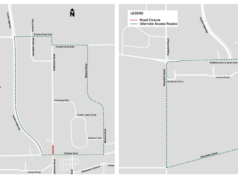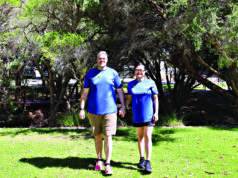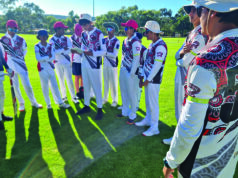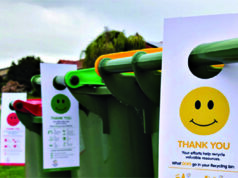Australians who’ve made extra cash through side gigs like food delivery, online content creation or renting out assets could be in for a rude shock this tax season.
The Australian Tax Office (ATO) is now receiving direct income reports from digital platforms such as UberEats, Airtasker, YouTube and OnlyFans under new data-sharing rules introduced through the Sharing Economy Reporting Regime (SERR). That means if you’ve earned money this year and didn’t declare it, the tax office likely already knows, and you could end up with an amended return, back taxes and possible penalties.
“Until this year, individuals have been required to self-declare the income from their side-hustles,” said CPA Australia Tax Lead Jenny Wong. “Now nothing will go under the radar.”
The new reporting rules apply to a wide range of platforms. Whether you deliver food, do odd jobs, rent out your driveway, or make content for fans, the platform you use is now legally required to report what you earned.
“This brings them into line with other third parties that already provide the ATO with the data it uses to pre-fill tax returns, including banks,” Ms Wong said.
Influencers and content creators who have received gifts in exchange for promotions are also on notice.
“You must pay tax on income you earn above the tax-free threshold of $18,200,” she said. “This includes advertising revenue, streaming subscriptions, and even gifts like free clothes, cars or holidays.”
Those who had a bumper year on platforms like YouTube or OnlyFans are among those most at risk of unexpected tax bills, which Ms Wong warns could reach tens of thousands of dollars.
The changes aim to improve tax compliance among gig workers, a sector that has traditionally flown under the radar.

“Though people might not consider earnings from digital platforms as income in the same way as their regular job, it is all viewed the same way by the ATO,” Ms Wong said.
“Chances are that many people have simply not been declaring this income at tax time. That all changes now.”
CPA Australia’s tips for gig workers include declaring all income, including gifts, keeping accurate records of income and expenses, knowing your tax obligations, including ABN or GST registration if needed and getting professional help to stay compliant.
Gig workers may still be able to claim deductions for work-related expenses, if they have proof and the costs are directly linked to their gig income. This could include travel expenses, working from home costs, or even equipment like video cameras and editing software.
But CPA Australia says the bottom line is if you’ve earned it, you’ll need to report it.














